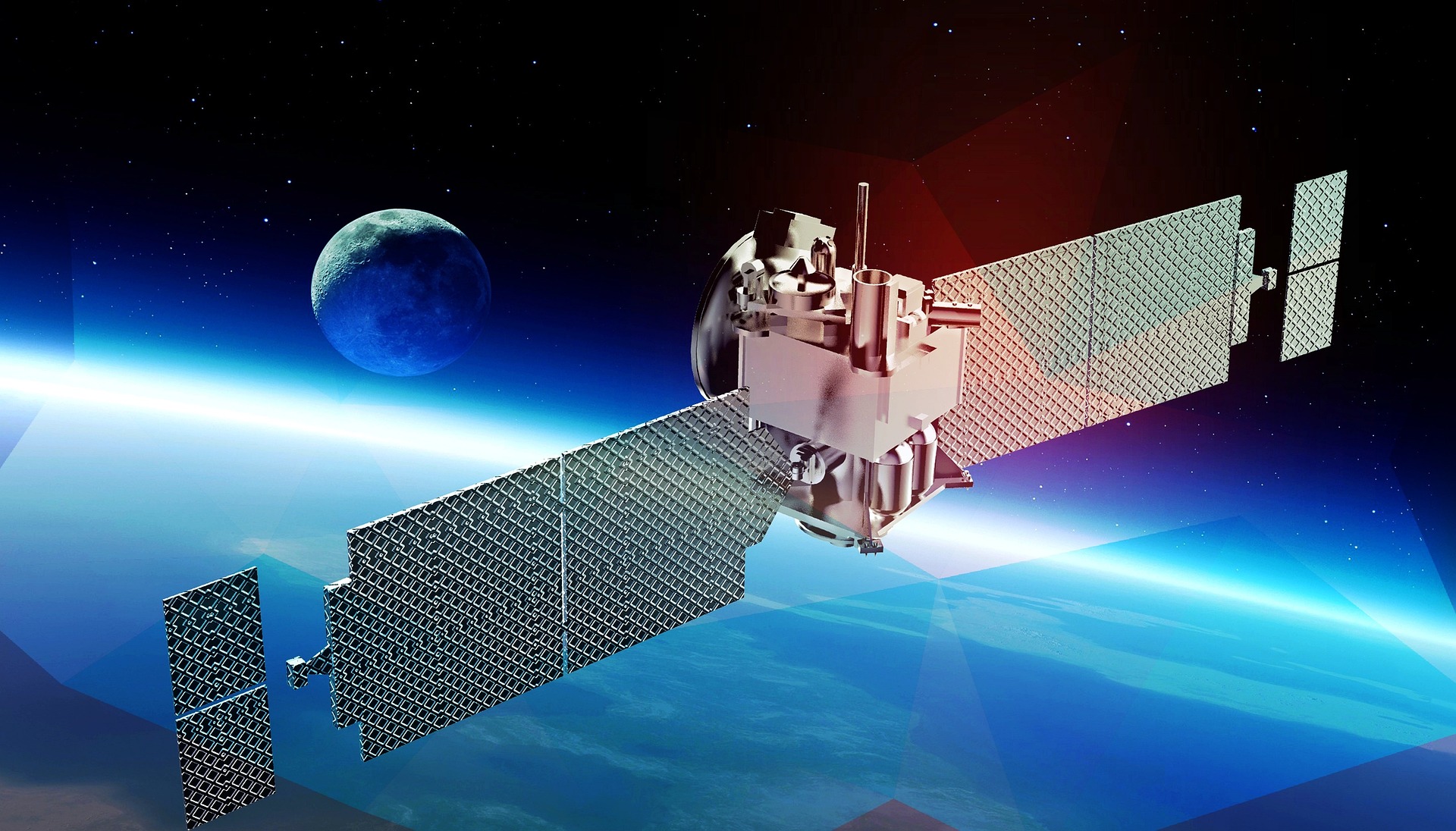Emerging Legal Challenges in Space Resource Exploitation
Introduction: As humanity ventures further into space, a new frontier of legal complexities emerges. The exploitation of space resources, from asteroid mining to lunar colonization, presents unprecedented challenges to international law and governance. This article delves into the evolving legal landscape of space resource utilization, exploring its implications for global cooperation and potential conflicts.
Property Rights in Space: A Legal Gray Area
The question of who owns resources extracted from celestial bodies remains contentious. While the Outer Space Treaty prohibits national appropriation, it does not explicitly address private ownership of space resources. This ambiguity has led to differing interpretations among nations, with some arguing that the treaty allows for private resource extraction, while others contend it prohibits any form of ownership beyond Earth.
National Legislation: Unilateral Attempts at Regulation
In response to the legal vacuum, some countries have enacted domestic legislation to govern space resource exploitation. The United States passed the Space Resource Exploration and Utilization Act in 2015, granting U.S. citizens the right to own and sell space resources. Luxembourg followed suit with similar legislation in 2017. These unilateral actions have sparked debate about their compatibility with international law and potential for conflict.
The Moon Agreement: A Failed Attempt at Consensus
The 1979 Moon Agreement aimed to establish a more comprehensive framework for lunar and celestial body exploitation. It proposed that resources be managed through an international regime and that benefits be shared among all nations. However, with only 18 state parties, none of which are major spacefaring nations, the agreement has failed to gain widespread acceptance, leaving the legal status of space resources in limbo.
Environmental Concerns: Balancing Exploitation and Preservation
As space resource exploitation becomes technologically feasible, concerns about environmental preservation have come to the forefront. The potential for irreversible damage to celestial bodies raises questions about the need for regulations akin to terrestrial environmental laws. Legal scholars debate how to balance the interests of scientific exploration, commercial exploitation, and environmental protection in space.
International Cooperation vs. National Interests
The future of space resource law hinges on the ability of nations to cooperate in establishing a comprehensive legal framework. However, competing national interests and the potential for vast economic gains complicate efforts to reach consensus. Some experts advocate for the creation of a new international body to oversee space resource management, while others argue for bilateral agreements between spacefaring nations.
Dispute Resolution Mechanisms: Preparing for Conflict
As commercial space activities increase, the potential for disputes over resource rights grows. The current legal framework lacks clear mechanisms for resolving conflicts in space. Experts propose various solutions, from expanding the jurisdiction of the International Court of Justice to creating a specialized space arbitration tribunal. Developing effective dispute resolution processes is crucial to prevent potential escalation of conflicts beyond Earth’s atmosphere.
Technological Advancements Outpacing Legal Frameworks
The rapid pace of technological development in space exploration and resource extraction capabilities continues to outstrip the evolution of legal frameworks. This gap creates uncertainty for both governments and private entities investing in space ventures. Legal experts stress the need for flexible yet robust regulations that can adapt to unforeseen technological advancements and new forms of space resource utilization.
The Role of Private Actors in Shaping Space Law
Private companies are increasingly influential in space exploration and resource exploitation. Their activities and lobbying efforts are shaping domestic legislation and international discussions on space law. This shift from purely state-driven space activities to a mixed public-private model presents new challenges for regulators and policymakers in crafting laws that balance commercial interests with principles of equitable access and use of space resources.
In conclusion, the legal challenges surrounding space resource exploitation represent a critical frontier in international law. As humanity extends its reach beyond Earth, the development of a comprehensive, fair, and enforceable legal framework for space resources is essential. This evolving area of law will play a crucial role in shaping the future of space exploration, commercial activities, and potentially, the distribution of resources that could transform life on Earth. The coming decades will likely see intense legal and diplomatic efforts to address these challenges, with far-reaching consequences for global cooperation and the future of space governance.







